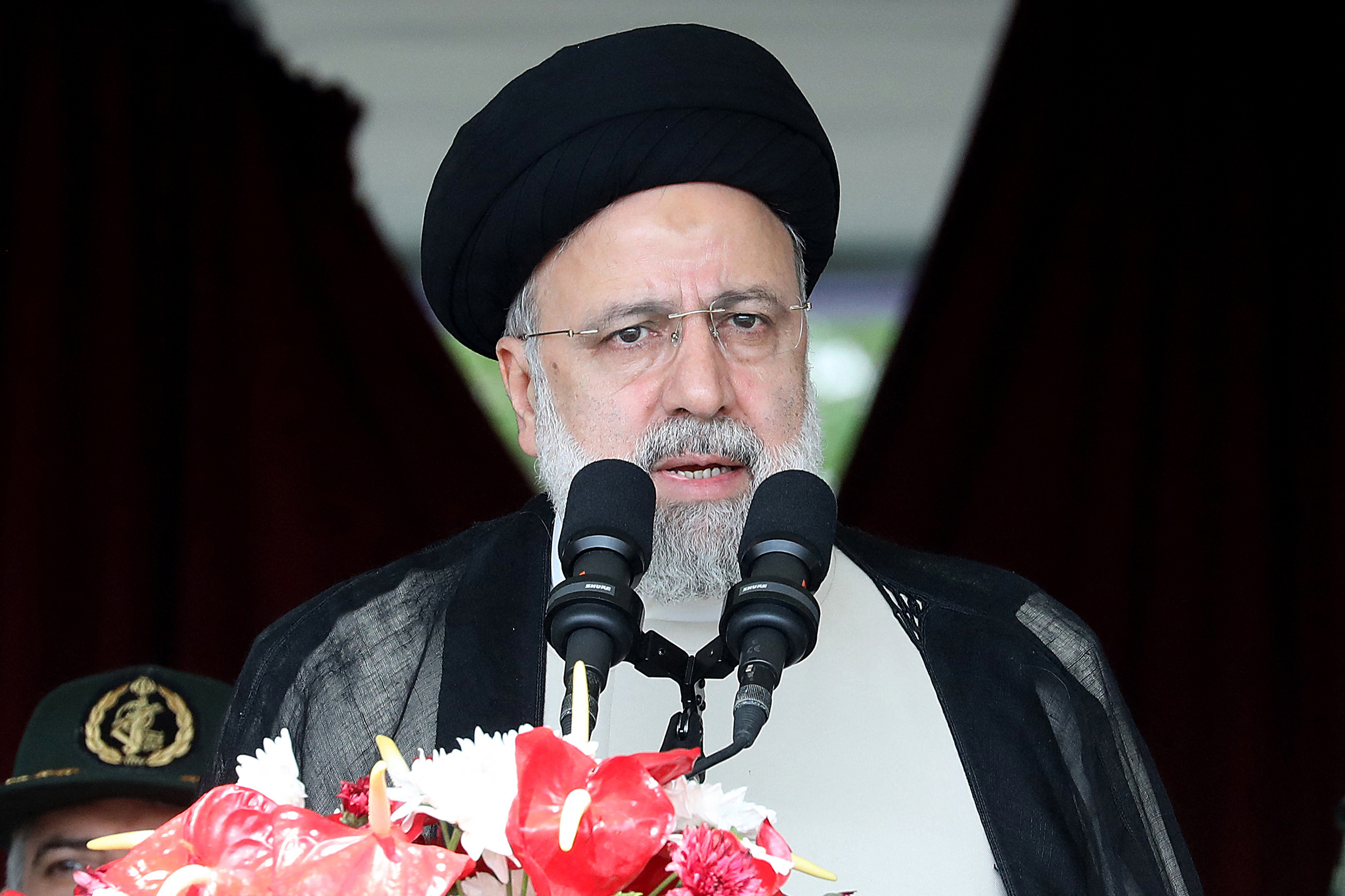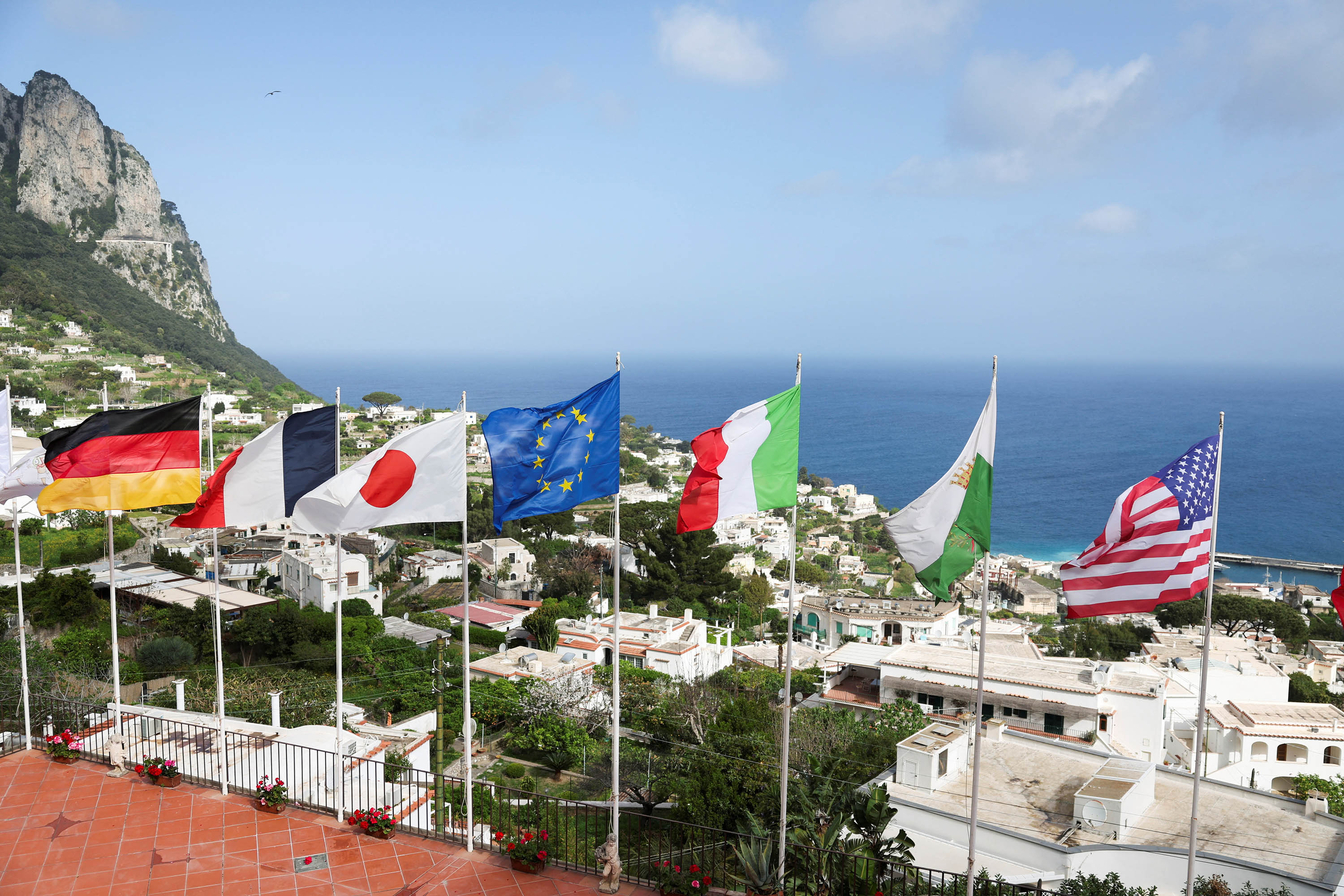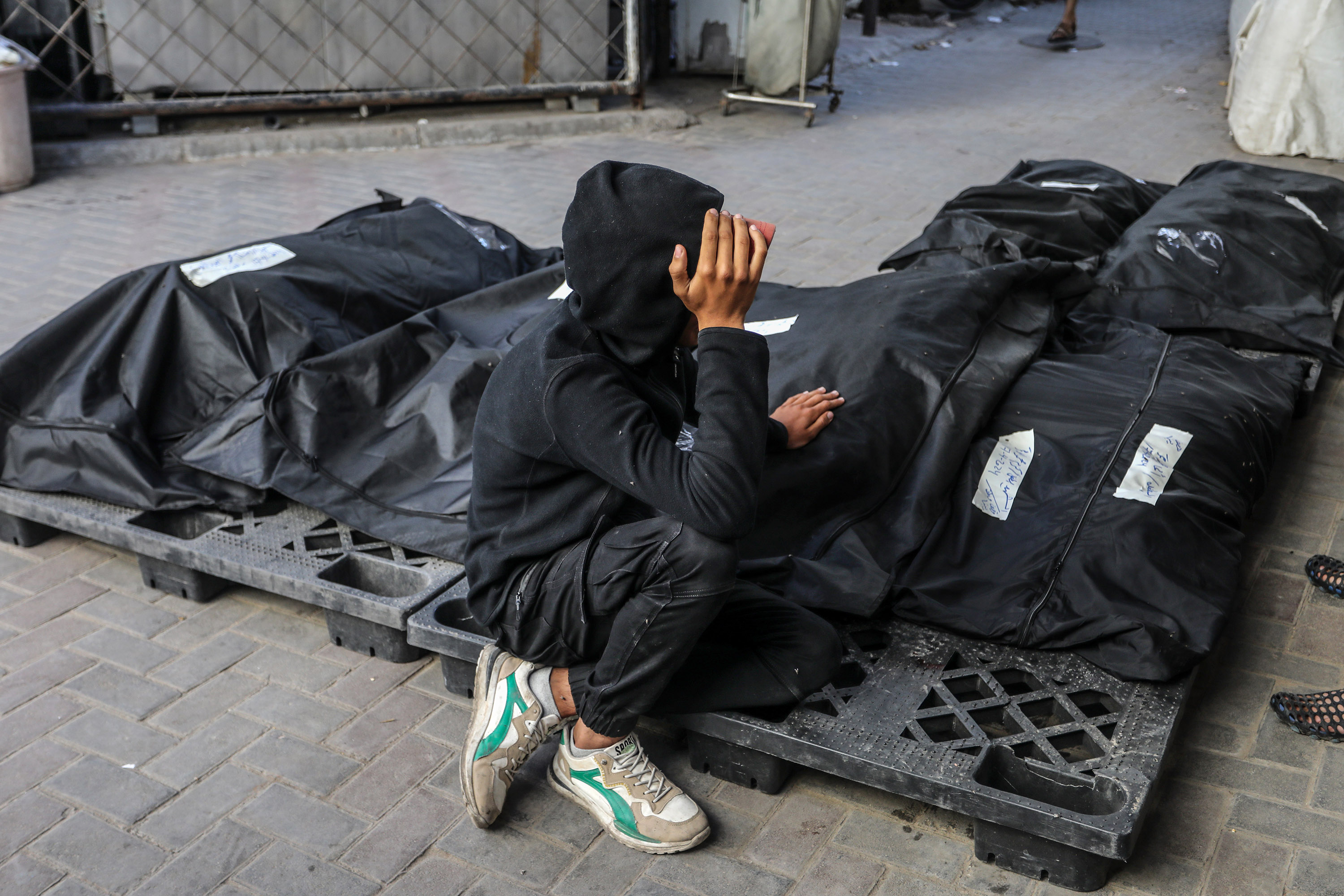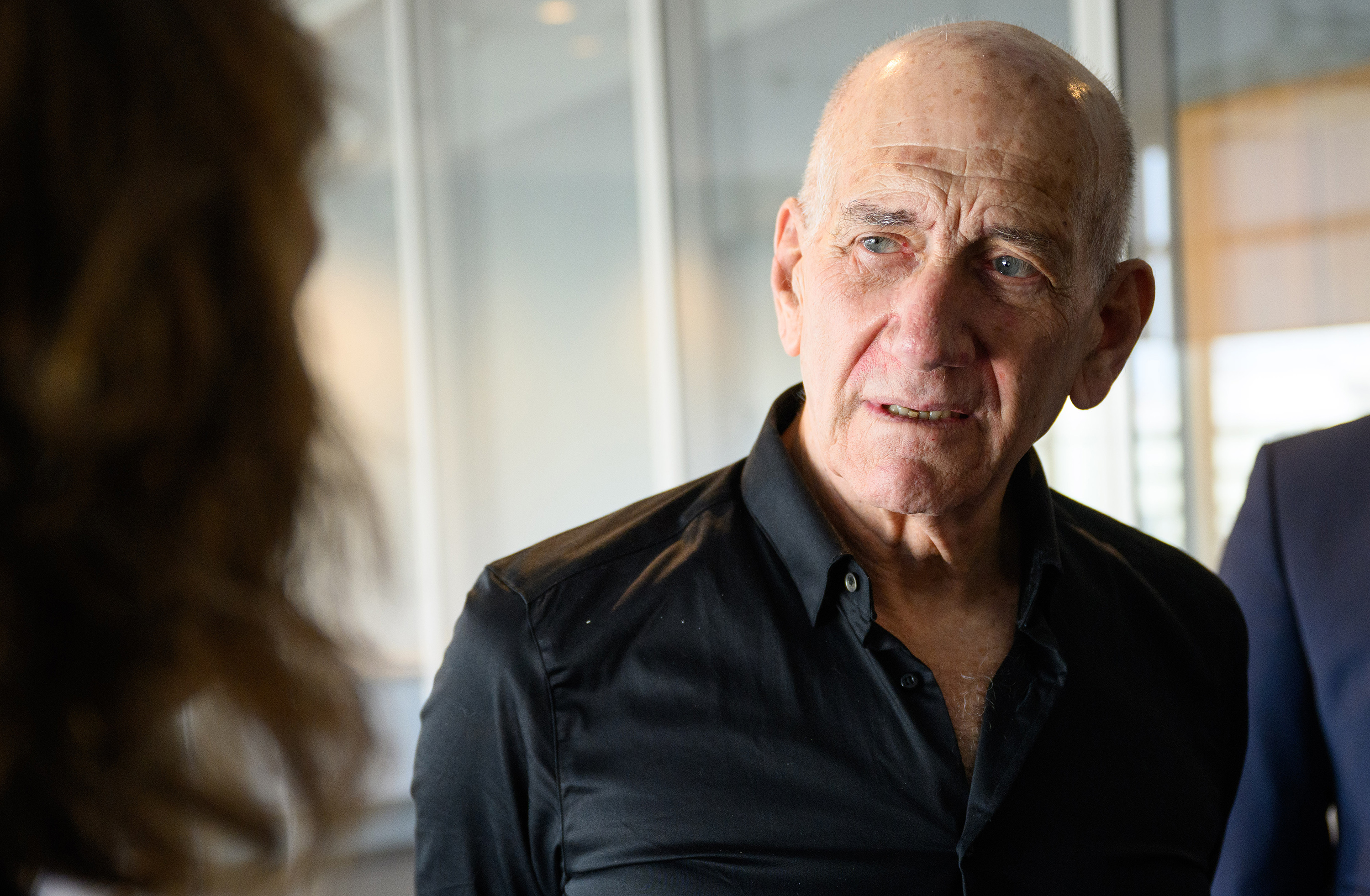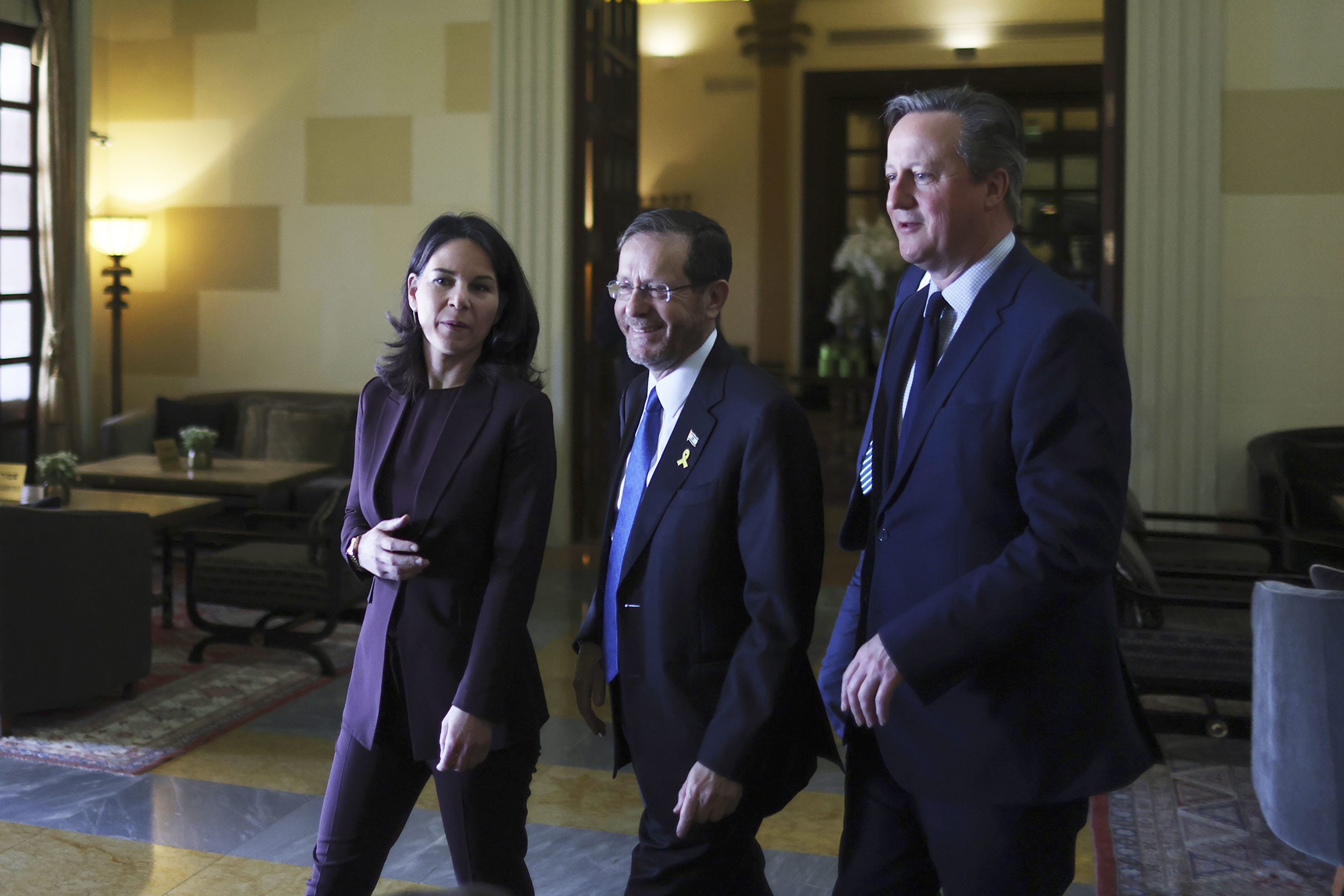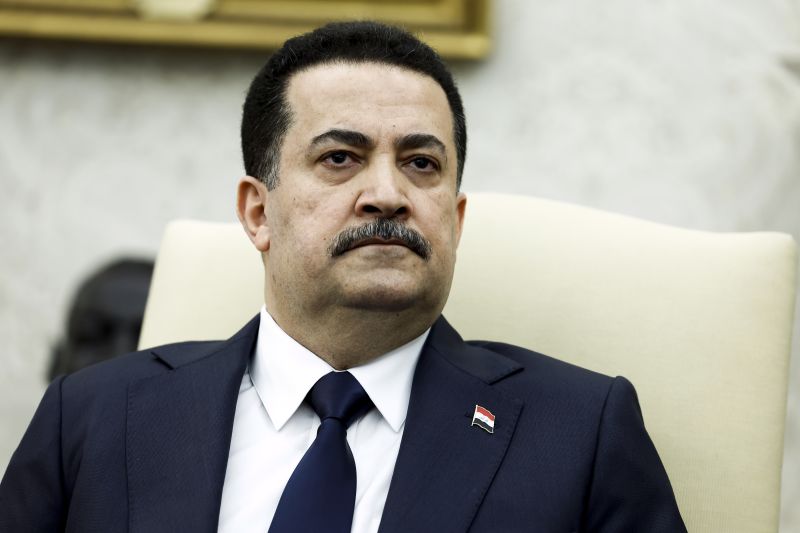The UN High Commissioner for Human Rights, Volker Türk, has urged governments to do everything they can “to halt the increasingly horrific human rights and humanitarian crisis in Gaza,” as well as what he calls the “rising violence and targeted attacks in the West Bank.”
Turk said in a statement released Tuesday that “resolving the catastrophic situation of civilians in Gaza must remain a priority. Israel continues to impose unlawful restrictions on the entry and distribution of humanitarian assistance, and to carry out widespread destruction of civilian infrastructure.”
Israel has consistently blamed UN agencies, and especially UNRWA, for failing to distribute aid that is approved for Gaza. But at least 196 humanitarian workers have been killed in the West Bank and Gaza since October, the UN’s Humanitarian Coordinator for the Occupied Palestinian Territory, Jamie McGoldrick, said in a statement.
Turk said that nearly 1.7 million people remain forcibly displaced in Gaza, “living in appalling conditions and under constant threat.” He said that in the past week alone some 10,000 people had been displaced from Nuseirat camp and near Wadi Gaza.
Turk added that “in the West Bank, escalating violence over the past few days is also a matter of grave concern. Palestinians have been subjected to waves of attacks by hundreds of Israeli settlers, often accompanied or supported by Israeli Security Forces (ISF),” following the killing of a 14-year-old Israeli boy from a settler family.
CNN has reached out to the Israel Defense Forces for a response to that accusation.



